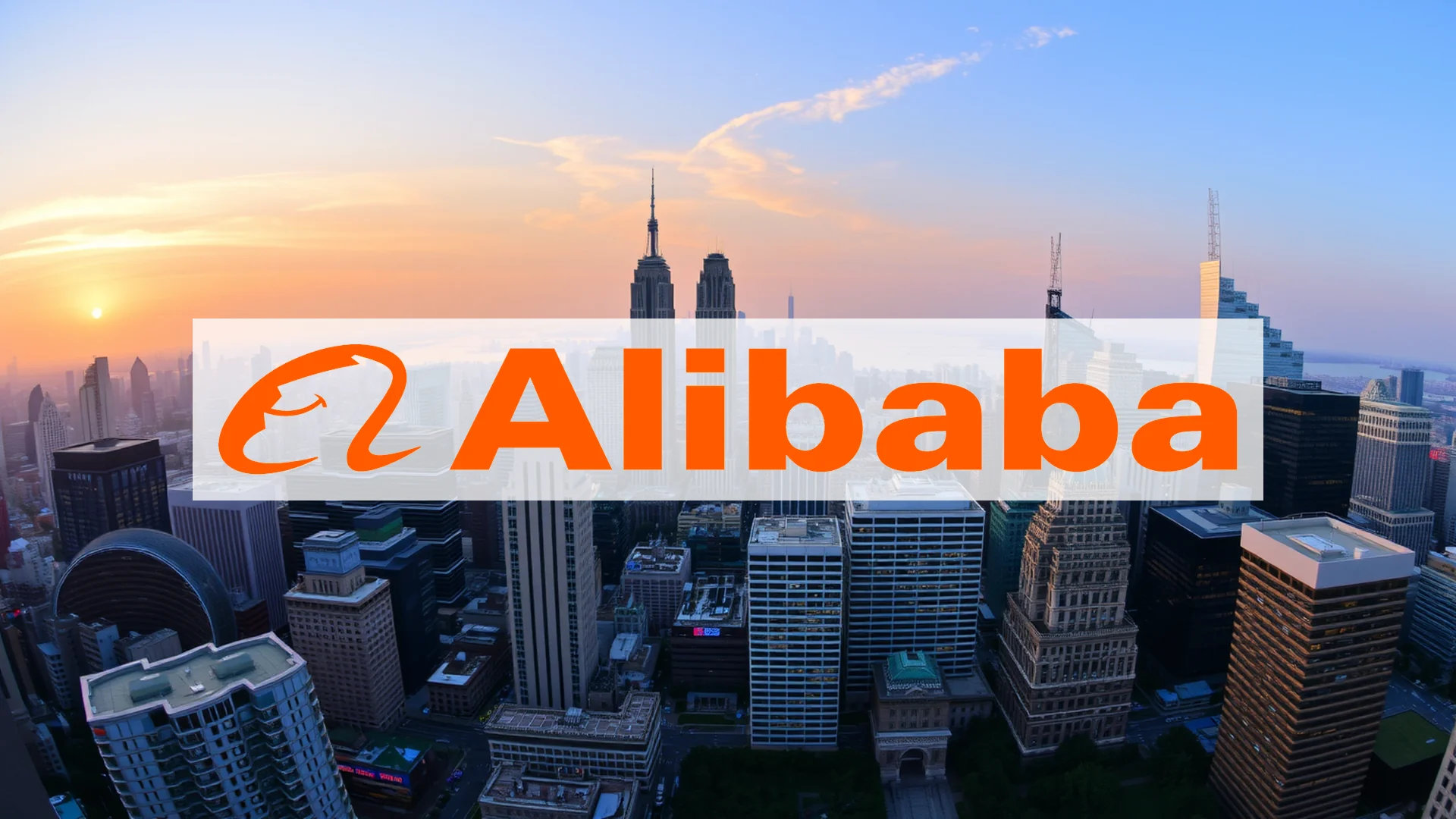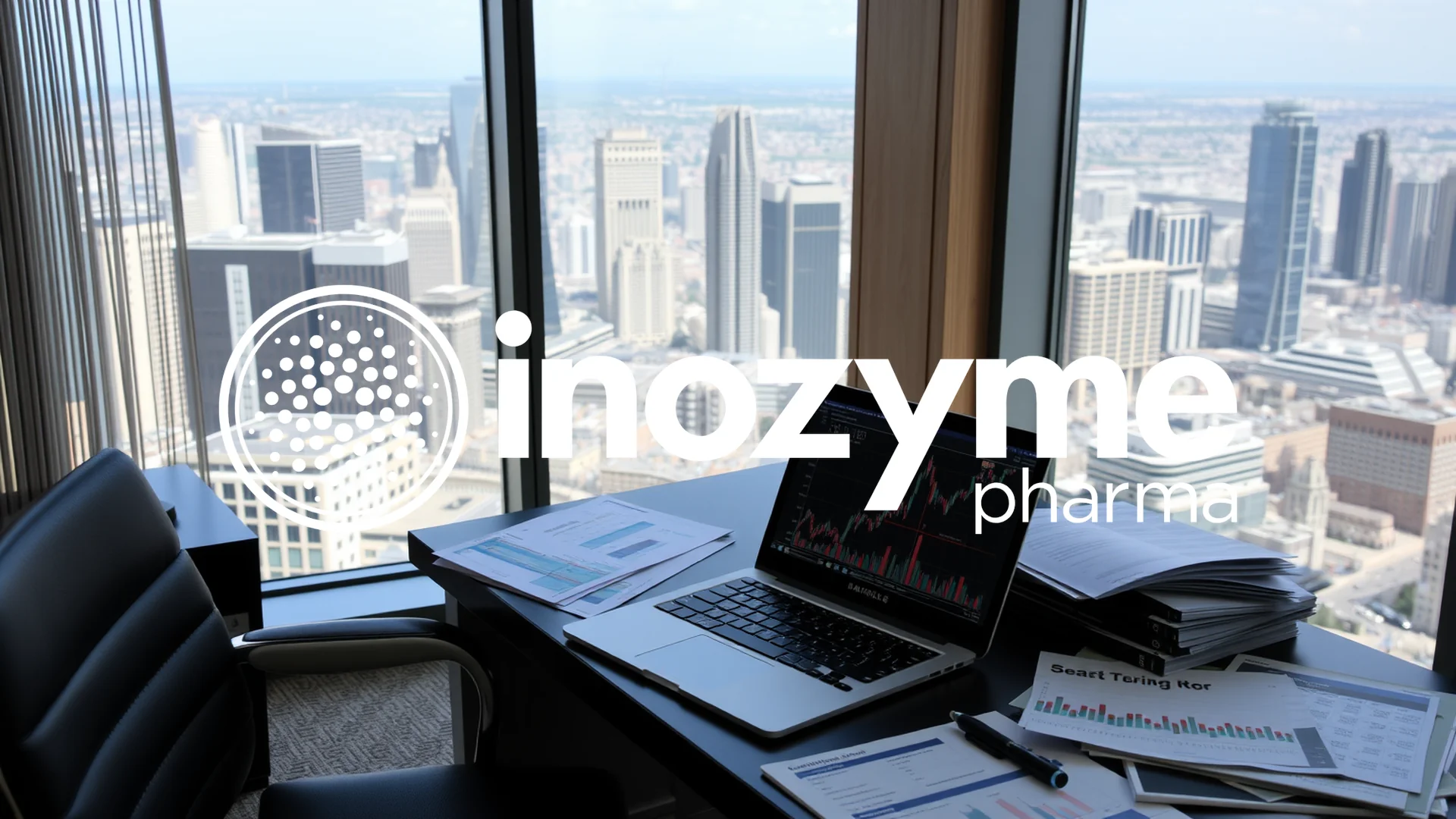Alibaba Group is making aggressive moves in the artificial intelligence arena, unveiling its most ambitious consumer-facing AI product to date just days before its highly anticipated quarterly earnings report scheduled for November 25. While most technology giants are gradually scaling their AI strategies, the Chinese e-commerce leader is charging ahead with accelerated momentum.
Quarterly Earnings Preview: Mixed Expectations
When Alibaba discloses its second-quarter fiscal 2026 results next Tuesday, analysts will be scrutinizing the numbers closely. Market experts project earnings per share of $0.85, representing a significant decline from the $2.10 reported during the same period last year. Revenue forecasts point to an increase, with expectations set at $34.29 billion, which would translate to year-over-year growth of approximately 4%.
The company’s cloud computing division remains a bright spot, having previously posted robust 26% growth to reach 33.4 billion yuan. However, Alibaba’s core e-commerce business continues to face challenges from subdued consumer spending in China and intensifying competitive pressures. Adding to concerns, the quick-commerce segment remains unprofitable, creating increasing anxiety among financial analysts about its cash burn rate.
Qwen App Launch: Direct Challenge to Market Leaders
On November 18, Alibaba introduced its new “Qwen” application—an AI chatbot the company describes as “the best personal AI assistant with the most powerful model.” This free service, accessible through mobile apps and websites, builds upon Alibaba’s most advanced language model and promises to generate comprehensive research reports and multi-page PowerPoint presentations within seconds.
Should investors sell immediately? Or is it worth buying Alibaba?
This product release signals a dramatic strategic pivot for the company. Previously, Alibaba had concentrated its artificial intelligence efforts primarily on enterprise clients through its cloud services division. With Qwen, the company now targets consumers directly, positioning itself against market leader ByteDance, whose Doubao application already boasts 150 million monthly active users. By comparison, Alibaba’s previous consumer AI initiatives reached just under 7 million users as recently as September 2025, highlighting the substantial gap the company must close in this competitive landscape.
Analyst Sentiment and Regulatory Developments
Despite an impressive stock price surge exceeding 92% since the beginning of the year, cracks are emerging in the bullish sentiment. Rina Curatex, an analyst at TipRanks, recently downgraded Alibaba shares from “Buy” to “Neutral” while reducing her price target from $205 to $176. The downgrade cited weak free cash flow and persistent losses in the rapid delivery business, which overshadow positive developments in AI and cloud computing.
Simultaneously, the law firm Levi & Korsinsky announced an investigation into Alibaba on November 19, though specific details weren’t immediately disclosed. Regulatory uncertainties continue to pose significant risks, both within China and internationally, where Western companies are increasingly reevaluating their relationships with Chinese technology providers.
Nevertheless, the majority of market experts maintain an optimistic outlook. Among covering analysts, 19 recommend purchasing the stock compared to just two hold ratings. The average price target of $198.21 suggests potential upside of approximately 24%. Whether this confidence is warranted will become clearer next week when Alibaba must demonstrate that its AI offensive represents more than just a marketing maneuver.
Ad
Alibaba Stock: Buy or Sell?! New Alibaba Analysis from February 7 delivers the answer:
The latest Alibaba figures speak for themselves: Urgent action needed for Alibaba investors. Is it worth buying or should you sell? Find out what to do now in the current free analysis from February 7.
Alibaba: Buy or sell? Read more here...










